THE unresolved European debt crisis and slowdown in China eroded Hong Kong's economic growth and challenged its property market in 2012. The wealth effect from the third round of quantitative easing by the US Federal Reserve created inflationary pressure while investment sentiment was cautious but positive. Nevertheless, property prices kept soaring as investors snapped up real estate to hedge against inflation.
The commercial sector was the best performer in 2012 as the special stamp duty (SSD) and buyer's stamp duty (BSD) imposed dampened the residential market. Investors diverted cash into commercial and industrial properties due to the prevailing ultra-low interest rate environment and lack of government restrictions on the commercial sector, thereby pushing prices upwards.
The new cooling measures (BSD and SSD) will be effective in reducing the number of transactions and luxury residential prices are expected to fall about 10% in 2013. Multinational corporations, the banking and finance industries in particular will remain cautious in hiring. Overall housing budgets will remain tight and expatriate family arrivals will stay low, leading to falling demand for luxury homes. Luxury residential rents will decrease by 5% in 2013 following a 5% decrease in 2012.
The commercial sector is expected to be attractive to investors in 2013. Overall, rent in the office sector is expected to rebound to positive growth in 2013. Office rents in Central will see solid growth in 2013 on the back of limited supply and positive demand due to a better economic environment next year.
Meanwhile, tenant relocations to non-Central districts to cut cost will drive future office rental growth. Thus, rents in non-Central districts are expected to outperform the overall market.
As for retail, average rents in key shopping districts are expected to rise 9% in 2013. Chinese consumers are treading cautiously, foregoing luxury and unnecessary items. Nevertheless, the strengthening of the yuan, together with Hong Kong's minimal tax rates, suggests that Hong Kong will continue to attract mainland shoppers, especially those from second and third-tier cities in China. A buoyant tourism industry, an extreme shortage of prime retail space, increasing household income and rising inflation will create a positive environment for the local retail leasing market.
This story first appeared in The Edge weekly edition of Dec 24-31, 2012.
The commercial sector was the best performer in 2012 as the special stamp duty (SSD) and buyer's stamp duty (BSD) imposed dampened the residential market. Investors diverted cash into commercial and industrial properties due to the prevailing ultra-low interest rate environment and lack of government restrictions on the commercial sector, thereby pushing prices upwards.
The new cooling measures (BSD and SSD) will be effective in reducing the number of transactions and luxury residential prices are expected to fall about 10% in 2013. Multinational corporations, the banking and finance industries in particular will remain cautious in hiring. Overall housing budgets will remain tight and expatriate family arrivals will stay low, leading to falling demand for luxury homes. Luxury residential rents will decrease by 5% in 2013 following a 5% decrease in 2012.
The commercial sector is expected to be attractive to investors in 2013. Overall, rent in the office sector is expected to rebound to positive growth in 2013. Office rents in Central will see solid growth in 2013 on the back of limited supply and positive demand due to a better economic environment next year.
Meanwhile, tenant relocations to non-Central districts to cut cost will drive future office rental growth. Thus, rents in non-Central districts are expected to outperform the overall market.
As for retail, average rents in key shopping districts are expected to rise 9% in 2013. Chinese consumers are treading cautiously, foregoing luxury and unnecessary items. Nevertheless, the strengthening of the yuan, together with Hong Kong's minimal tax rates, suggests that Hong Kong will continue to attract mainland shoppers, especially those from second and third-tier cities in China. A buoyant tourism industry, an extreme shortage of prime retail space, increasing household income and rising inflation will create a positive environment for the local retail leasing market.
This story first appeared in The Edge weekly edition of Dec 24-31, 2012.
SHARE
TOP PICKS BY EDGEPROP
SALE
FEATURED
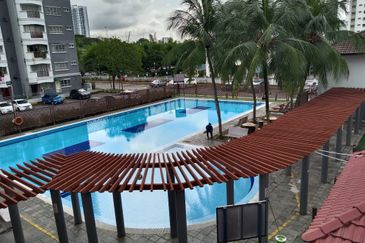
Endah Ria
Bandar Baru Sri Petaling, Kuala Lumpur
RM 350,000
3 beds |
2 bath |
946 sqft
AUCTION
FEATURED
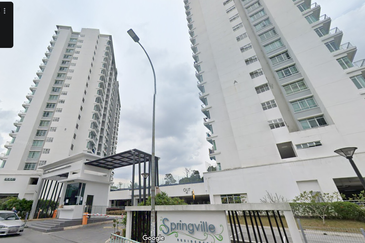
Springville Residence
Seri Kembangan, Selangor
RM 359,000
3 beds |
2 bath |
1185 sqft
SALE
FEATURED

Taman Nusa Sentral
Iskandar Puteri (Nusajaya), Johor
RM 760,000
4 beds |
3 bath |
1950 sqft
SALE
FEATURED
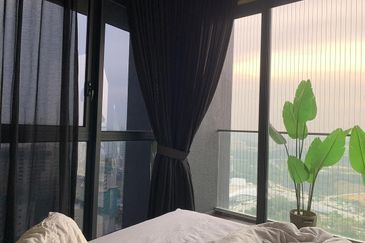
SkyLuxe On The Park @ Bukit Jalil
Bukit Jalil, Kuala Lumpur
RM 1,280,000
3 beds |
2 bath |
1100 sqft


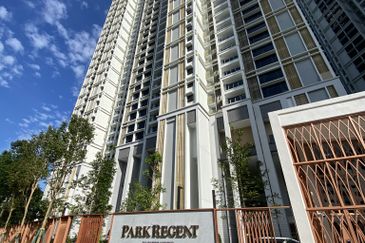
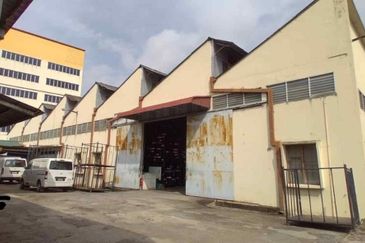
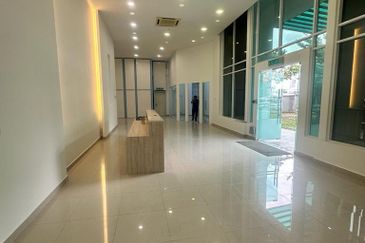


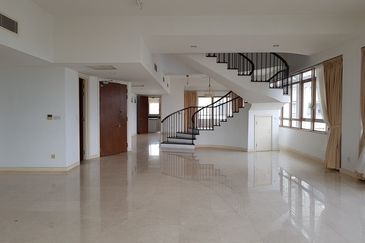
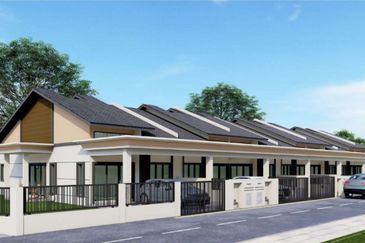
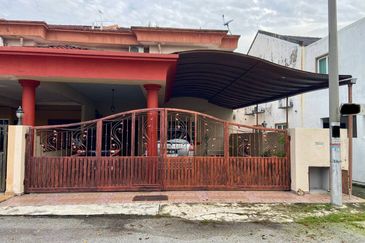
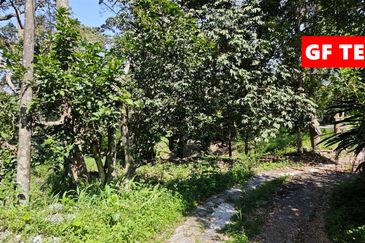
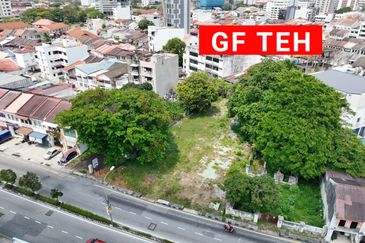
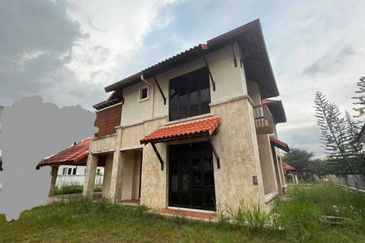
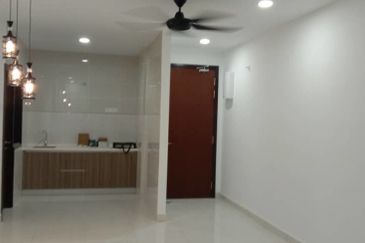
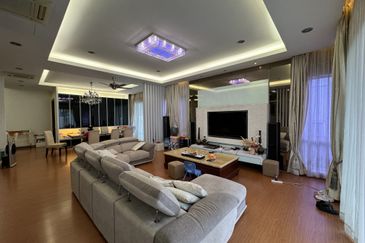

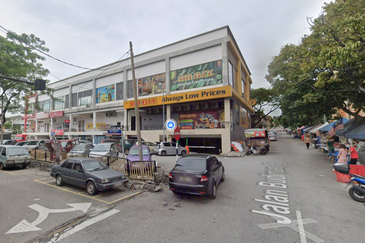
hero.jpg?GPem8xdIFjEDnmfAHjnS.4wbzvW8BrWw)



